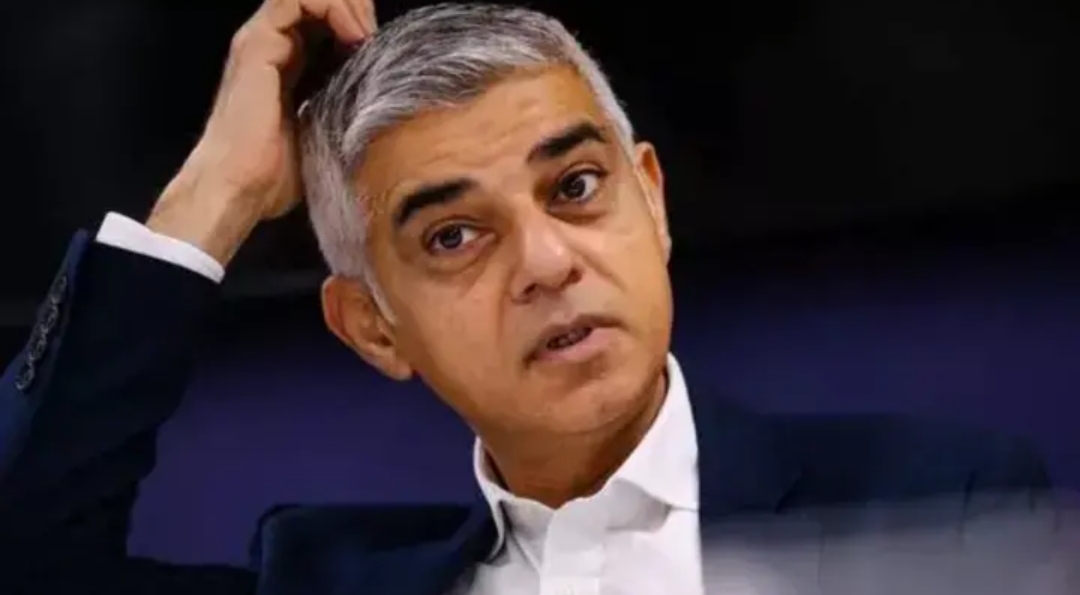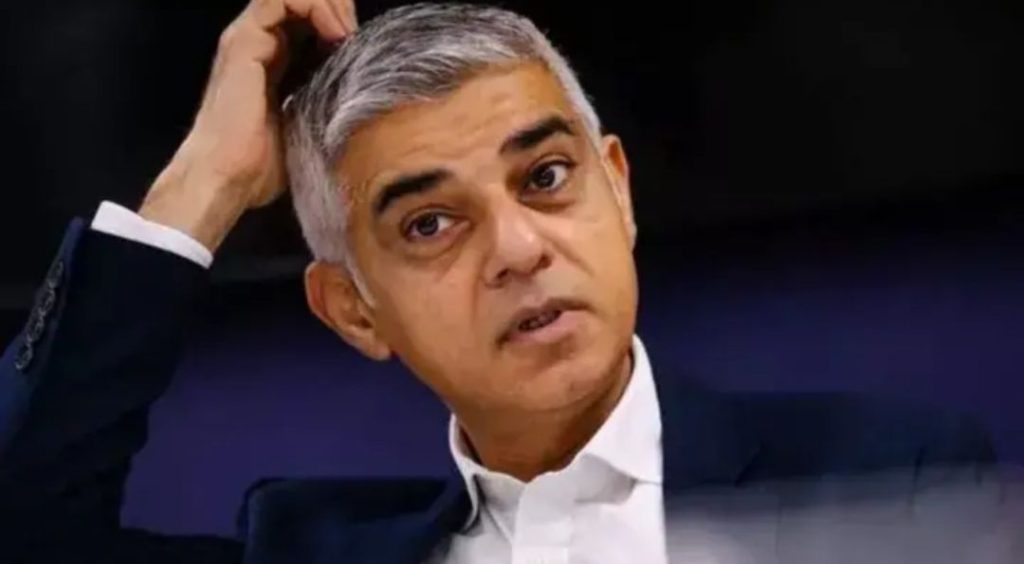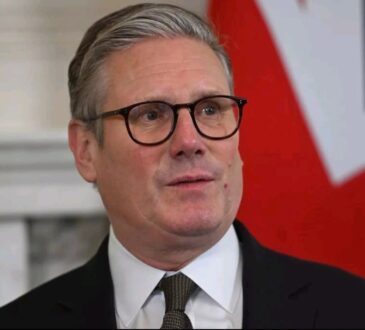
The controversies surrounding Khan’s Brexit stance highlight the enduring relevance of the Brexit process and its enduring impact on British politics and society.
As the UK continues to grapple with the consequences of its decision to leave the EU, the debates and dilemmas surrounding rejoining the EU underscore the profound and far-reaching ramifications of such pivotal national decisions.

As reported by Bloomberg, London Mayor Sadiq Khan has been a prominent figure in British politics, known for his outspoken views and strong stance on issues such as Brexit.
While the Brexit process has been divisive and complex, Khan’s recent statements about rejoining the European Union have sparked controversy and backlash, with many questioning his motives and the potential consequences of such a move.
Khan’s call to rejoin the EU comes at a time when the Brexit process has already incurred significant costs for the UK. According to the UK’s Office for Budget Responsibility, the cost of Brexit to the UK has been estimated at £140 billion. This figure includes losses in economic output, increased public sector borrowing, and other financial implications that have arisen as a result of the UK’s departure from the European Union.
The specter of rejoining the EU raises questions about the implications of such a move, particularly in light of the significant economic and political ramifications of the initial Brexit process. Khan’s proposal to re-open discussions about EU membership has invited criticism from various quarters, with many questioning the practicality and wisdom of seeking to reverse a decision that has already been made and implemented.
Proponents of Brexit have been vocal in their opposition to Khan’s stance, arguing that rejoining the EU would disregard the democratic mandate provided by the Brexit referendum and the subsequent negotiation and execution of the withdrawal. They argue that it would be a betrayal of the will of the British people and would undermine the autonomy and sovereignty that the UK sought to reclaim through the initial Brexit process.
Critics have also highlighted the potential challenges and drawbacks of rejoining the EU, such as the loss of control over domestic policies, financial obligations to the EU budget, and the impact on trade agreements with non-EU countries, among other considerations. The practical and political complexities of rejoining the EU after the UK’s withdrawal have raised doubts about the feasibility and desirability of such a course of action.
Moreover, Khan’s proposal has drawn attention to the wider issue of political leadership and accountability. The prospect of rejoining the EU has reignited debates about the responsibilities of public officials in upholding the decisions and mandates of the electorate. As the mayor of London, Khan’s position on such a significant national issue has underscored the challenges and tensions inherent in the relationship between local and national governance, particularly in matters of national importance.
Khan’s stance on Brexit also speaks to the broader political climate, characterized by deep divisions and contentious debates surrounding the UK’s future relationship with the EU and the wider international community.




